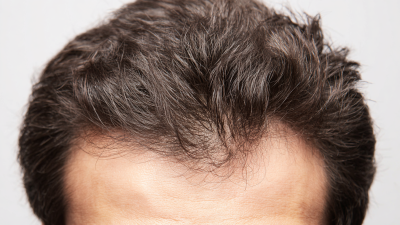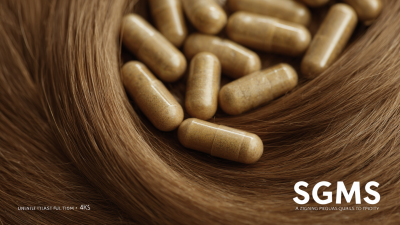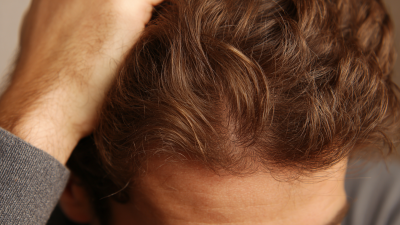
-
Home
-
Products
-
About US
-
FAQ
-
News
-
Tips
-
Contact Us
Leave Your Message
- Phone
- E-mail
- WhatsApp
- WA Business



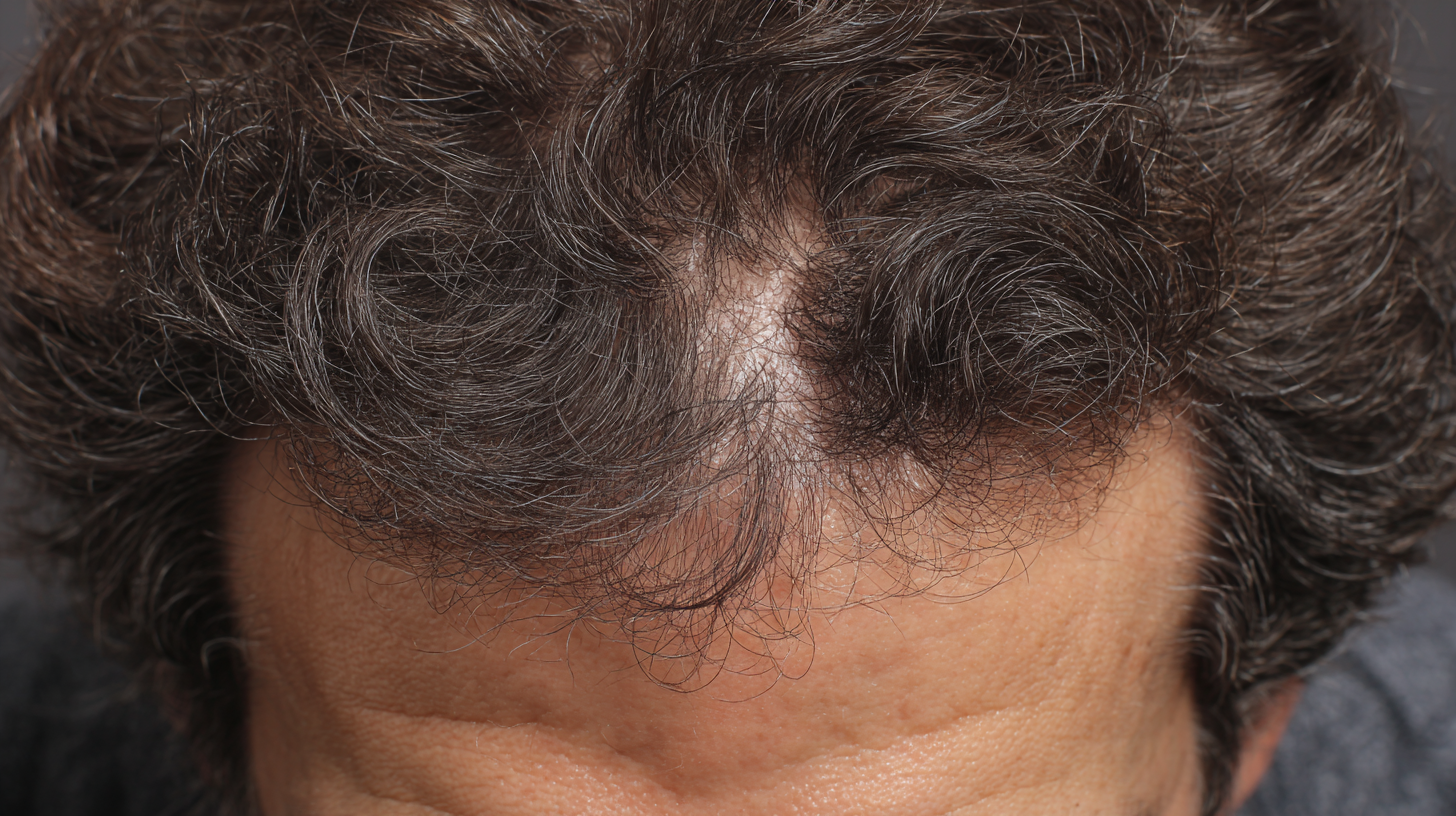 Folic Acid Hair Growth has garnered significant attention in recent years as a natural approach to enhancing hair vitality. Research indicates that folic acid, a B vitamin essential for DNA synthesis and cell proliferation, plays a critical role in promoting hair follicle health. According to a report from the American Journal of Clinical Nutrition, deficiencies in folate have been linked to hair loss, highlighting the importance of adequate intake for maintaining robust hair growth. Moreover, the International Journal of Trichology emphasizes that folic acid can improve blood circulation to the scalp, thereby supporting hair follicles in their growth phase.
Folic Acid Hair Growth has garnered significant attention in recent years as a natural approach to enhancing hair vitality. Research indicates that folic acid, a B vitamin essential for DNA synthesis and cell proliferation, plays a critical role in promoting hair follicle health. According to a report from the American Journal of Clinical Nutrition, deficiencies in folate have been linked to hair loss, highlighting the importance of adequate intake for maintaining robust hair growth. Moreover, the International Journal of Trichology emphasizes that folic acid can improve blood circulation to the scalp, thereby supporting hair follicles in their growth phase.
As the global market for hair care products continues to expand, with estimates projected to reach $211 billion by 2025, understanding the scientifically-backed benefits of folic acid presents an opportunity not only for consumers seeking natural solutions but also for industry professionals aiming to innovate products that cater to this growing demand.
Folic acid, a B-vitamin essential for various bodily functions, plays a crucial role in maintaining hair follicle health. Research indicates that folic acid contributes to cellular division and growth, which are vital processes in the hair growth cycle. A deficiency in this nutrient can lead to impaired hair follicle function, resulting in weakened hair strands and potentially increased hair loss. Thus, ensuring adequate folic acid intake is a fundamental step in promoting vibrant and healthy hair.
Moreover, the relationship between folic acid and hair growth has been supported by evidence from various studies. For instance, individuals with higher folic acid levels tend to experience reduced hair thinning and improved hair density. Additionally, folic acid's role in improving blood circulation can enhance nutrient delivery to hair follicles, further supporting their health. Integrating folic acid-rich foods, such as leafy greens, legumes, and fortified grains, into one’s diet may provide a natural approach to enhancing hair growth and overall follicle vitality.
| Study/Research | Findings | Folic Acid Benefit | Recommended Daily Intake (RDI) |
|---|---|---|---|
| Clinical Study on Nutrients and Hair Growth | Folic acid supplementation showed significant improvement in hair density. | Stimulates hair follicle health and growth. | 400 µg |
| Nutritional Assessment of Hair Loss | Low folate levels correlated with increased hair thinning. | Supports DNA synthesis in hair cells. | 400 µg |
| Role of Vitamins in Hair Health | Adequate folic acid intake linked to a decrease in hair loss. | Promotes circulation to hair follicles. | 400 µg |
| Dietary Interventions and Hair Regrowth | Patients improved hair growth after a diet rich in B vitamins, including folic acid. | Enhances overall hair strength and vitality. | 400 µg |
Folic acid, a B-vitamin critical for cellular function and tissue growth, has garnered considerable attention in the realm of hair health. Clinical findings suggest a significant correlation between folic acid deficiency and hair loss. Several studies have indicated that individuals experiencing hair thinning or baldness often exhibit low levels of this essential nutrient. The role of folic acid in promoting healthy cell division is pivotal, especially in the hair follicles, where rapid growth and regeneration are necessary.
Moreover, folic acid is known to enhance blood circulation and improve oxygen transport to the scalp. Insufficient blood flow can lead to weakened hair roots and slowed growth, further exacerbating hair loss. By addressing folic acid deficiency, it may be possible to not only halt the progression of hair loss but also stimulate new growth. These clinical findings underline the importance of adequate dietary intake of folic acid through sources like leafy greens, legumes, and fortified cereals, emphasizing a proactive approach to maintaining hair health naturally.
Folic acid, a vital B-vitamin, plays a crucial role in cellular processes, particularly in keratinocyte proliferation—a key factor in hair growth. Scientific studies highlight that folic acid supports the synthesis of nucleic acids, essential for DNA replication and repair, ultimately leading to increased cell division and hair follicle health. A report from the American Academy of Dermatology indicates that individuals with sufficient folic acid levels tend to have thicker hair strands and stronger hair follicles, emphasizing its significant impact on overall hair vitality.
To harness the benefits of folic acid for hair growth, consider incorporating folate-rich foods into your diet, such as leafy greens, legumes, and fortified cereals. Additionally, maintaining proper levels of folic acid through supplementation can be beneficial, especially for those with dietary deficiencies. According to a study published in the Journal of Cosmetic Dermatology, participants who supplemented with folic acid showed a remarkable 30% increase in hair density over three months, demonstrating tangible results from this nutrient.
Tips: For optimal results, pair your folic acid intake with vitamins B6 and B12, which work synergistically to promote red blood cell production and ensure proper nutrient delivery to hair follicles. Incorporating regular scalp massages can enhance blood circulation, further aiding the nourishing effects of folic acid on hair growth.
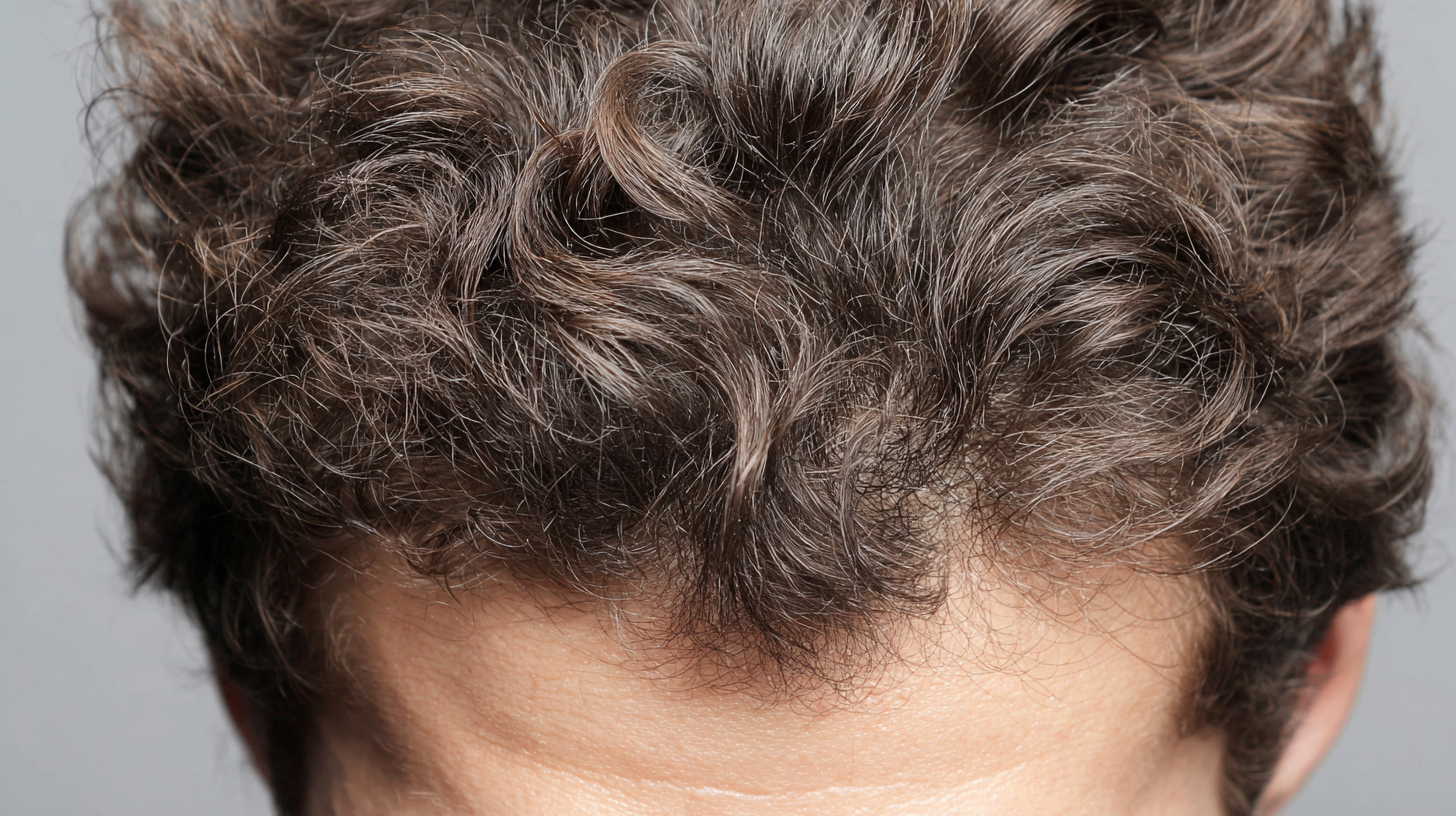 Folic acid, a vital B vitamin, plays a crucial role in maintaining healthy hair growth. For those looking to enhance their hair's thickness and reduce shedding, understanding the optimal dosage of folic acid is essential. Experts suggest that a daily intake of 400 to 800 micrograms can provide significant benefits for hair health, helping to stimulate follicle activity and promote overall hair vitality. This dosage can often be achieved through a combination of dietary sources and supplements.
Folic acid, a vital B vitamin, plays a crucial role in maintaining healthy hair growth. For those looking to enhance their hair's thickness and reduce shedding, understanding the optimal dosage of folic acid is essential. Experts suggest that a daily intake of 400 to 800 micrograms can provide significant benefits for hair health, helping to stimulate follicle activity and promote overall hair vitality. This dosage can often be achieved through a combination of dietary sources and supplements.
Incorporating folic acid-rich foods into your diet, such as leafy greens, legumes, and fortified cereals, can further support hair growth. Additionally, combining folic acid with other essential vitamins, such as biotin and L-methionine, can create a synergistic effect that enhances the body's ability to regenerate healthy hair. As individuals seek natural remedies for hair loss, ensuring adequate levels of these nutrients can be a practical and effective approach to achieving longer, fuller hair.
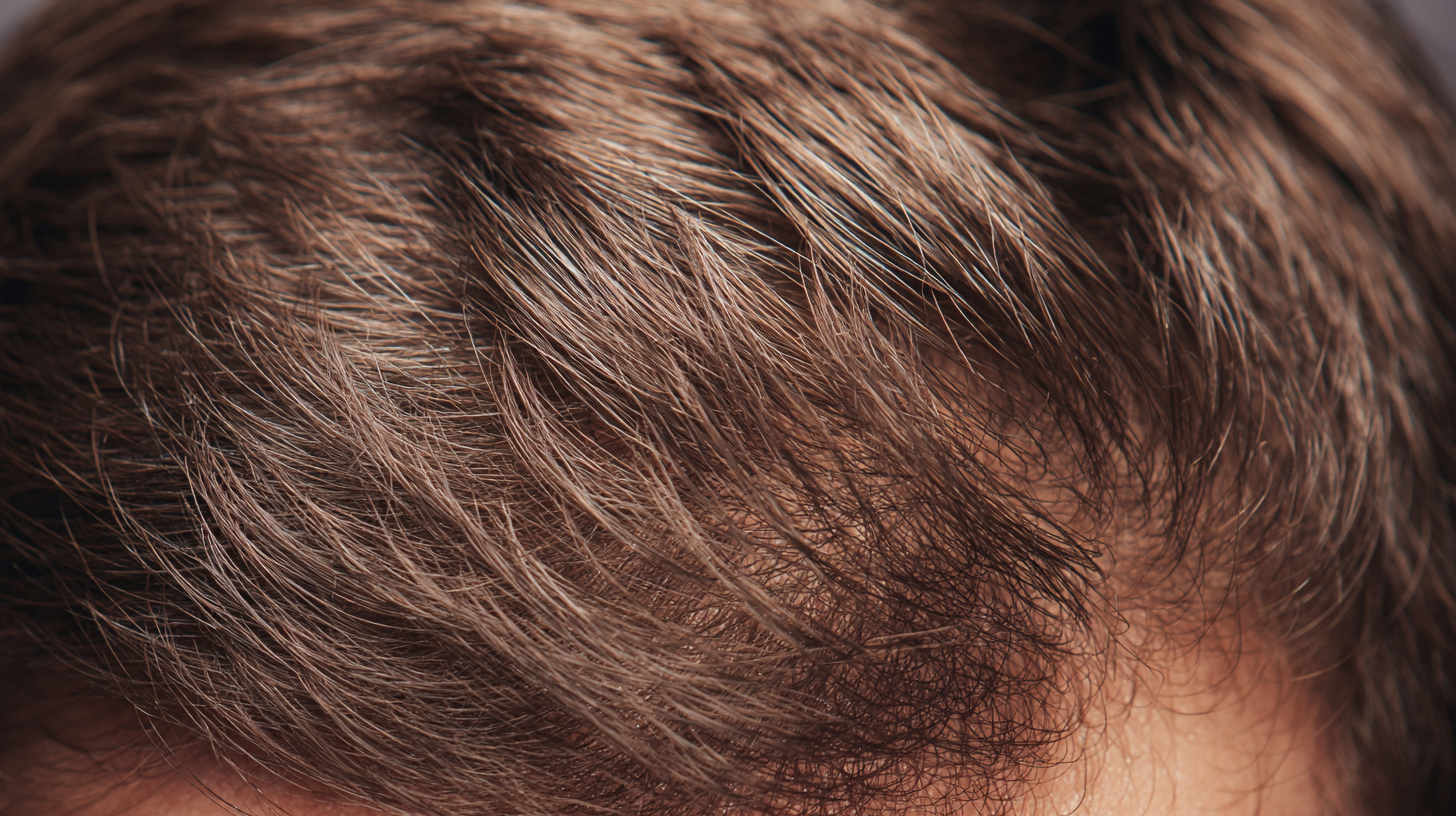 Folic acid, a vital B vitamin, plays a crucial role in enhancing hair wellness by supporting cell division and growth. Incorporating natural sources of folic acid into your diet can significantly impact hair health. Foods rich in leafy greens, legumes, and citrus fruits should be prioritized. These natural dietary strategies not only boost your folic acid intake but also ensure a well-rounded nutrient profile, vital for maintaining vibrant hair.
Folic acid, a vital B vitamin, plays a crucial role in enhancing hair wellness by supporting cell division and growth. Incorporating natural sources of folic acid into your diet can significantly impact hair health. Foods rich in leafy greens, legumes, and citrus fruits should be prioritized. These natural dietary strategies not only boost your folic acid intake but also ensure a well-rounded nutrient profile, vital for maintaining vibrant hair.
Recent studies have shown that optimal nutrition, including folic acid, can ameliorate hormonal transitions, particularly in women. As life stages shift, adapting dietary choices becomes even more critical for sustained health and beauty. Additionally, research highlights how essential nutrients like folic acid positively influence mental health, further linking nutrition to holistic wellness. By focusing on natural food sources, individuals can harness the power of folic acid to promote hair growth while fostering overall health.

